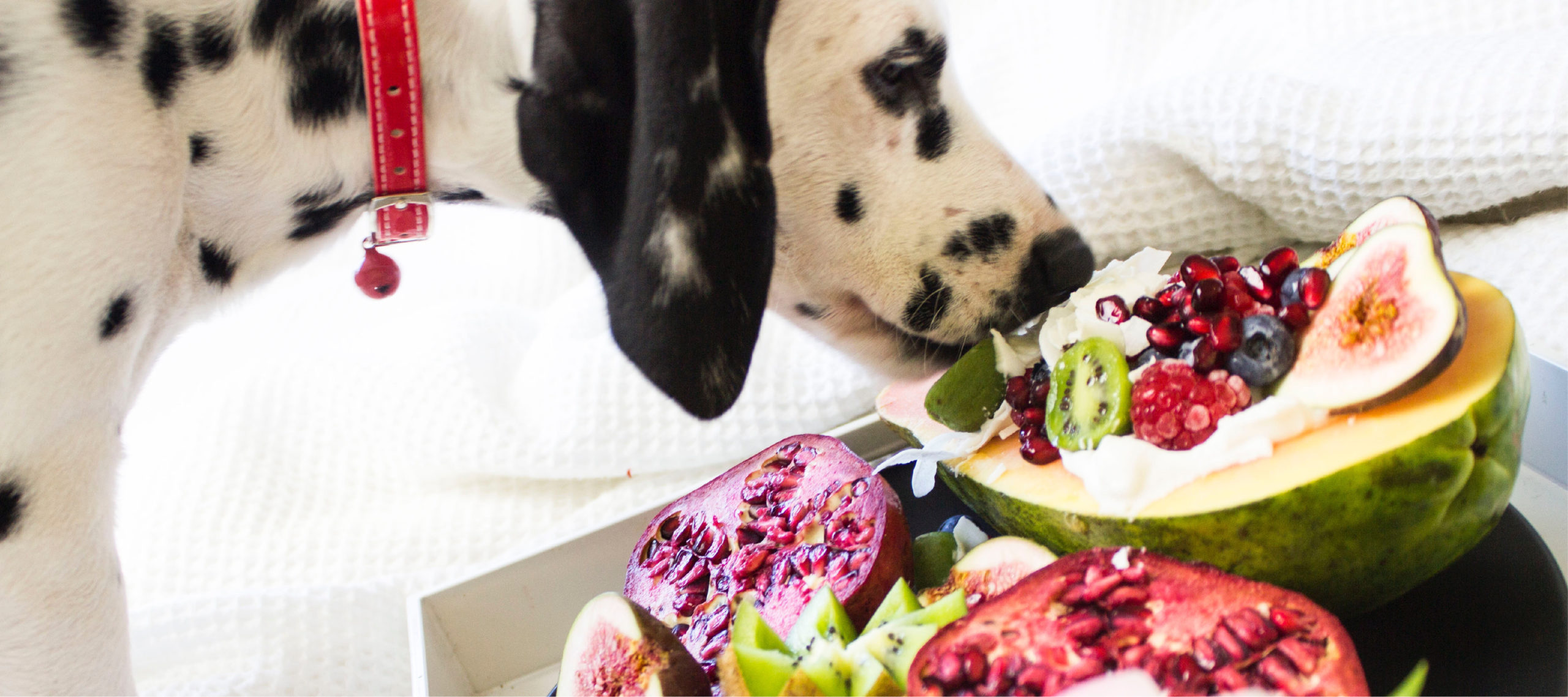
Sustainable Pet Food
The environmental impacts of pet food (e.g., land use, water use, fossil fuel consumption, greenhouse gas production, pesticide and fertilizer use, and impacts on biodiversity loss), are globally significant. The proportion of ‘food’ animals used in pet food is also significant. All of these impacts are set to rise, due to increasing pet ownership worldwide, and the changing social status of companion animals. However, alternative pet foods based on novel protein sources such as plants and seaweed, insects, yeast, fungi and laboratory grown meat products, are rapidly developing. Vegan pet foods are most developed. These use plant, mineral and synthetic sources to ensure all necessary nutrients are included. In 2020 I surveyed 4,060 dog or cat guardians to investigate determinants of pet food purchasing decisions, as well as health, behavioural and other outcomes on different diets. I also surveyed 29 manufacturers to determine whether nutritional soundness and quality control of plant-based pet foods differed from those of meat-based diets. Results from these and other studies indicate that the healthiest and least hazardous pet foods may be nutritionally sound vegan diets. Detailed analysis of feeding behaviour indicates dogs and cats generally find such diets as palatable as conventional diets. And manufacturers of plant-based pet foods generally appear to adhere to equivalent or better quality control standards. The potential environmental and animal welfare benefits of plant-based and alternative pet foods are significant. Their use is already rapidly increasing, and significant expansion of this sector is expected in the future.
